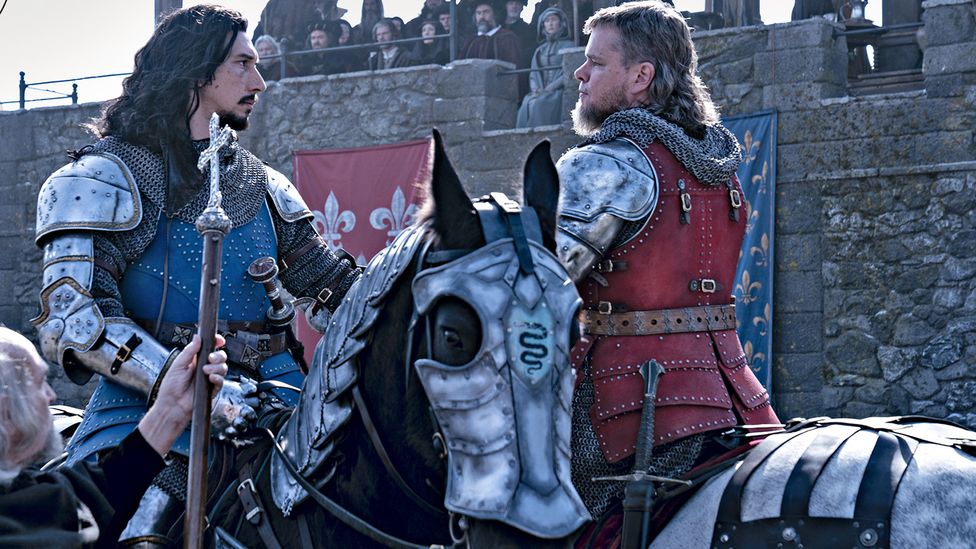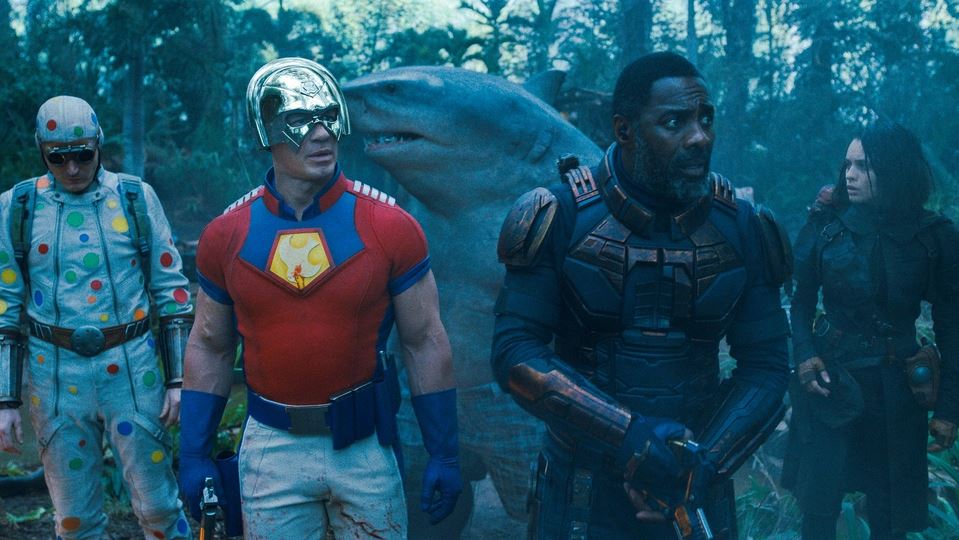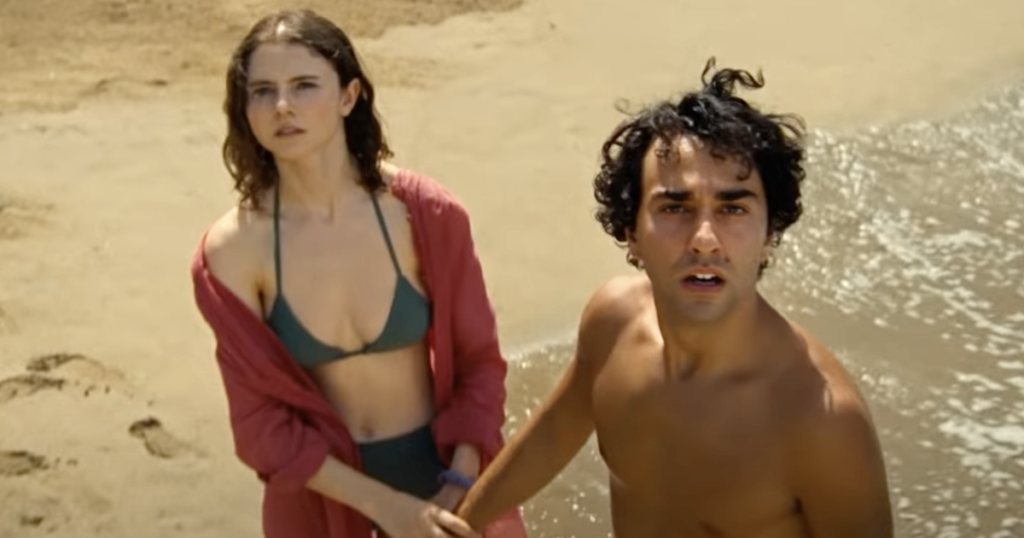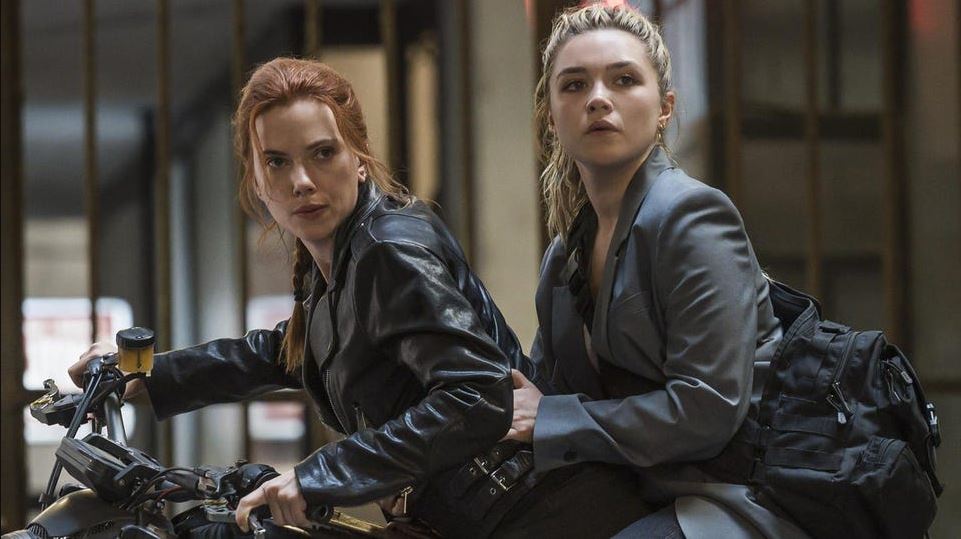Dune, The French Dispatch, and World-Building Great and Small
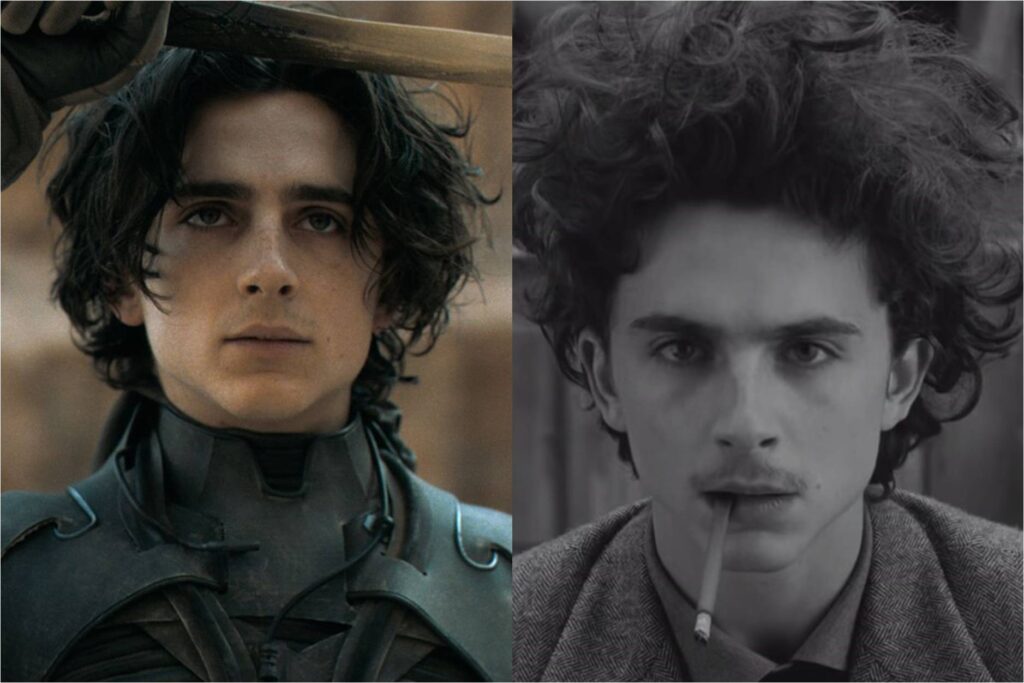
Denis Villeneuve and Wes Anderson are strangely similar filmmakers, even though they make exceedingly dissimilar films. Villeneuve’s movies are grand, sprawling adventures that envision alien life forms and contemplate dystopian futures. Anderson, by contrast, makes tidy, compact comedies whose foremost exotica are their characters’ eccentricities, and which tend to unfold in an unspecified but highly particular recent past. Yet both directors are true artisans skilled in the craft of cinematic world-building; for them, the screen is a coloring book for their fertile imaginations, one that should be sketched in as boldly and minutely as possible. Put differently, Villeneuve and Anderson treat movie-making like a work of galactic creation. One looks to the skies, the other to the soul, but both construct their own universes, packed with detail, whimsy, and awe.
This past weekend was something of a feast for cinephiles, as it brought new films from the two auteurs, both of which the COVID-19 pandemic had delayed for roughly a year. Villeneuve’s Dune, the long-awaited adaptation of the beloved science-fiction novel by Frank Herbert, finds the Canadian literally building a brand new world, one teeming with wonder and innovation. Anderson’s The French Dispatch, meanwhile, is more earthbound but no less profligate in its assembly. Both are natural progressions that reflect their makers’ career-long preoccupations, yet while both are undeniably impressive aesthetic achievements, only one fully succeeds as a piece of dramatic entertainment. Read More

